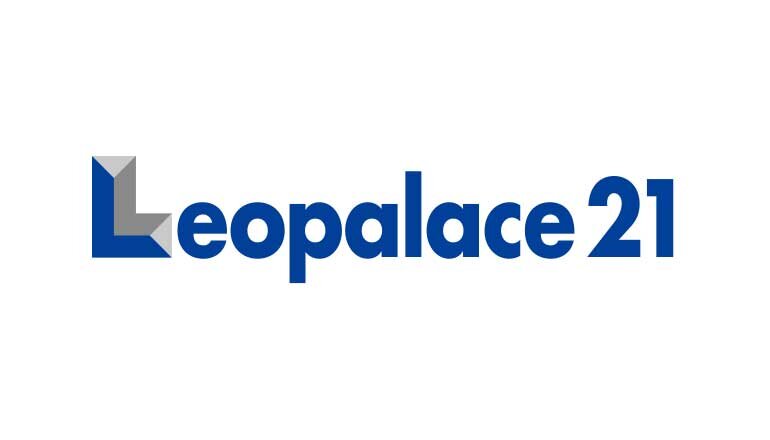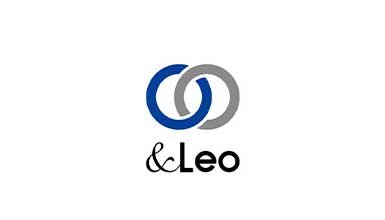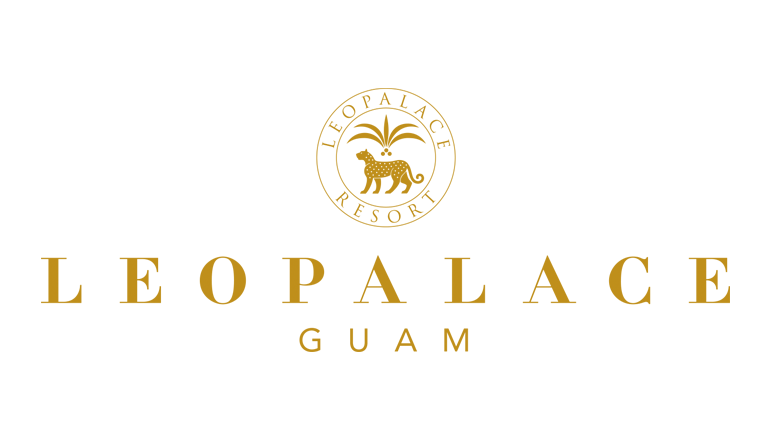Business Risks
Listed below are the principal risks among the matters described in the Annual Securities Report (only available in Japanese language) that the management recognize may have a significant impact on the financial position, operating results and cash flows of the Leopalace21 on a consolidated basis (the "Group"). However, the risks listed below do not constitute a comprehensive list of all the risks the Group may face, and the measures described do not fully eliminate these risks. All forward-looking statements included herein reflect the judgment of the Group management as of the end of the consolidated fiscal year ended March 2024.
(1) Main risk
① Risk Related to Natural Disasters and Climate Change
[Risk Scenario]
The Group operates offices, apartments, and other facilities in Japan and overseas, and a large-scale natural disaster such as an earthquake, typhoon, or flood could cause direct damage to employees, customers, facilities, and properties, as well as indirect damage due to the interruption of communication networks, etc., which could seriously affect the Group's financial position, operating results, and cash flow. This could have a significant impact on the Group's financial position, operating results, and cash flow. In the event of such a disaster, the Group may incur losses due to the interruption of business activities, etc., as well as expenses for inspections and emergency measures for properties managed and operated by each business segment, and other social support activities, which may affect our business performance. In the event of earth quake directly under the capital, the head office and its employees may be damaged, and business activities and internal systems may be severely affected, which may have a significant impact on the financial position, business performance, and cash flows of the Group.
[Countermeasures]
In order not to interrupt important business operations and to restore them in a short period of time in the event of interruption, the Group promptly identifies internal damage and business damage and formulates an appropriate business continuity plan (BCP) for restoration activities and prevention of damage expansion. In addition, a subcommittee on "Management Strategy and Finance" has been established under the Risk Management Committee to discuss and respond to natural disasters and climate change.
② IT System and Risks Related to Information Security
[Risk Scenario]
With the rapid progress of digitalization, companies are expected to improve productivity and solve social issues through DX and data utilization. On the other hand, the threat of cyber-attacks is rapidly increasing, and if countermeasures against such attacks are weak, it may cause leakage of personal and confidential information and business shutdown due to server down.
In addition, due to the demand for privacy protection and the policies of various countries, the regulations of personal information and data protection laws and regulations are being revised and their operation is being strengthened globally. Violations in the Group's business operations could result in a loss of trust from society, suspension of business, and the payment of hefty fines. Furthermore, inadequate information management could result in the loss of business competitiveness due to unauthorized removal and leakage, which could have a significant impact on the financial position, business performance, and cash flows of the Group.
[Countermeasures]
The Information System Department's Security Division evaluates IT system and information security risks based on the National Institute of Standards and Technology (NIST) security framework, assesses security levels, and responds to issues. In addition, the Group has Information Security Support Engineers, professional personnel with national certification in cybersecurity in place for, supporting risk management. In the unlikely event of an incident or an accident related to information security, the case is reported to the Security Section of the Information Systems Department, which in turn reports to the Risk Management Committee as the situation requires. The Group is moving toward a zero-trust model from 2023, including enhanced measures to monitor suspicious behavior of PCs. In response to the Amendment Act of the Act on the Protection of Personal Information, etc. that went into effect on April 1, 2022, the Company review its privacy policy, various rules and procedures, and conduct all-employee training (e-learning, targeted attack e-mail training, etc.). We will continue to strengthen our crisis management system against cyber-attacks and rebuild a system to promptly respond to changes in regulations on personal information and data protection.
(2) Risk of Legal Regulations
[Risk Scenario]
Whenever new laws and regulations are enacted or laws are revised or abolished due to changes in society or the times, new obligations, increased expenses, or restrictions on rights could have a significant impact on the Group's financial position, operating results, and cash flow.
[Countermeasures]
The Group clarifies responsibilities in the event of the enactment, amendment, or abolition of laws and regulations by designating the person in charge of the relevant department as responsible for handling legal amendments. In addition, the staff in charge of the department in charge of the relevant laws and regulations make them known to all employees by posting a notice on the company-wide bulletin board. Furthermore, a subcommittee on "Legal Management" has been established as a subordinate body of the Risk Management Committee to discuss and respond to legal amendments with a focus on legal amendments.
-
Page access ranking
January 1-31, 2026
-

Leopalace21 is working to solve a wide variety of social issues with the aim of creating a sustainable society under the sustainability vision of "We go on creating new value for society today and in the future."
SERVICE SITES
-
- Clicking the links above will take you to the home page of each site.





